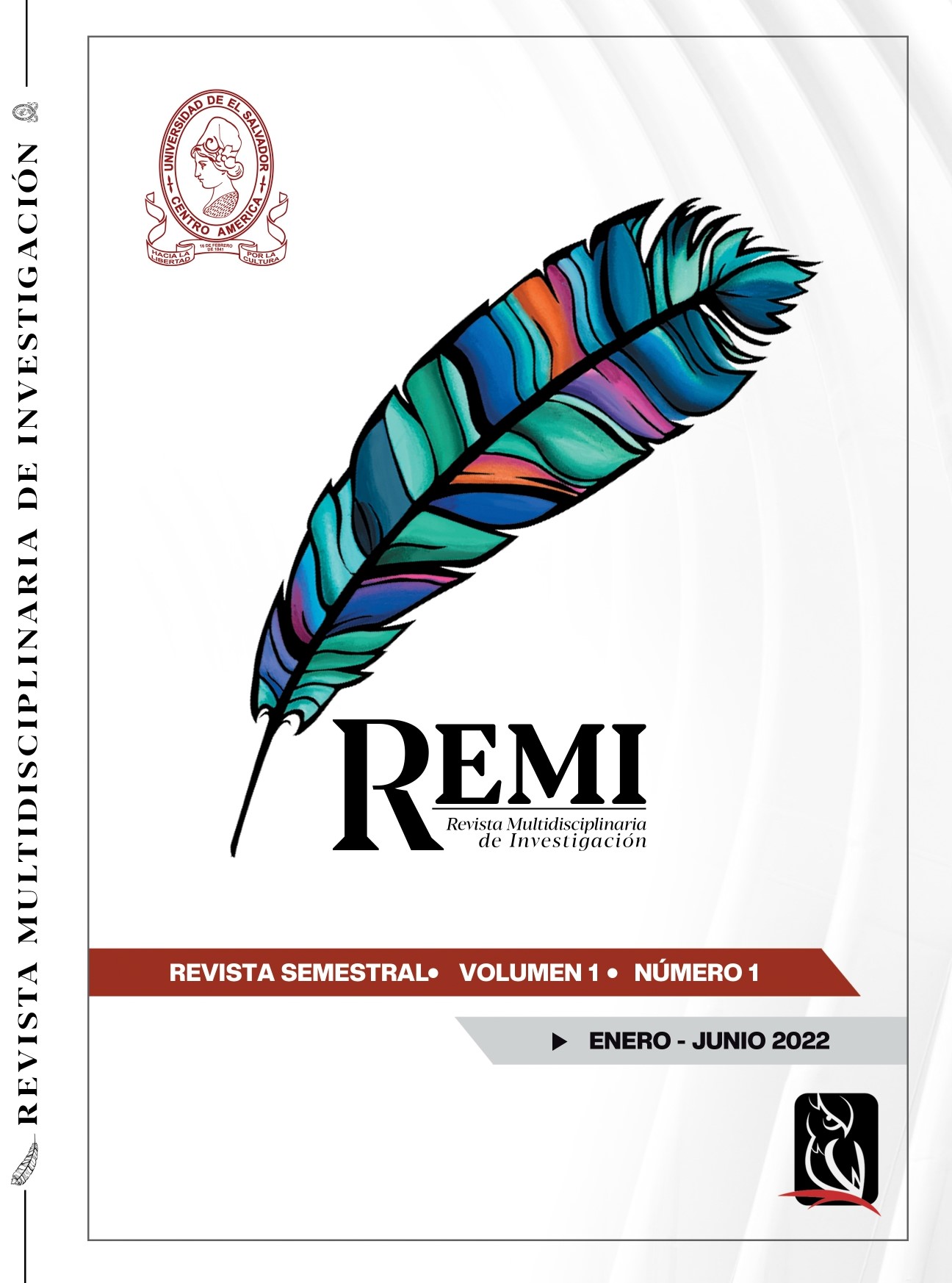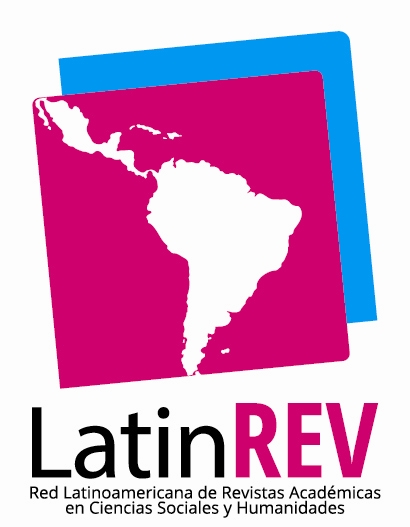EL EMPODERAMIENTO DE LAS MUJERES RURALES DE ATIQUIZAYA PARA LA GARANTÍA DE SUS DERECHOS HUMANOS
Keywords:
Empowerment, Human rights, Guarantee of rightsAbstract
This study analyzes legally, sociologically and from the perspective of human rights what is the relationship between the empowerment of the members of the Rural Women’s Committees of the municipality of Atiquizaya and the guarantee of their human rights. To achieve these objectives, a methodological design framed in the quantitative approach has been proposed, seeking to verify or not the hypotheses raised. The results obtained or achieved with the application of the constructed instrument, based on the theoretical contributions reviewed, allowed us to conclude and find as a finding the relationship, association or correlation between both variables and thus verify the hypotheses raised, that is to say that there is indeed a positive relationship between empowerment and guarantee of their human rights. Also, the positive relationship between empowerment and the guarantee of women’s fundamental human rights, such as autonomy, economic well-being, gender equality and political participation, was noted.
Downloads
References
Arias, S. (2008). Derrumbe del neoliberalismo: Lineamientos de un modelo alternativo. Editorial Universitaria, Universidad de El Salvador.
Brito, B., & Ivanovic, C. (2019). Mujeres rurales, protección social y seguridad alimentaria en ALC. 2030- Alimentación, agricultura y desarrollo rural en América Latina y el Caribe. Fondo de las Naciones Unidas para la Alimentación y Agricultura (FAO). https://www.fao.org/family-farming/ detail/es/c/1374741
CEPAL. (2020). Feminicidio por cada 100,000 habitantes [Comisión Económica para América Latina y El Caribe]. Observatorio de Igualdad de Género. https://oig.cepal.org/es/indicadores/feminicidio
Cliche, G., Ranaboldo, C., & Serrano, C. (2015). Enfoque territorial para el empoderamiento de la mujer rural en América Latina y el Caribe. En Instituto de Estudios Peruanos. https://repositorio.iep.org. pe/handle/IEP/1119
Corbetta, P. (2007). Metodología y Técnicas de Investigación Social (Segunda). McGraw-Hill Interamericana de España S.L.
Deere, C. (2011). Tierra y autonomía económica de la mujer rural: Avances y desafíos para la investigación. En P. Costas (Ed.), Tierra de mujeres. Reflexiones sobre el acceso de las mujeres rurales a la tierra en América Latina. Fundación tierra/Coalición Internacional para el acceso a la tierra. http:// infoandina.org/infoandina/sites/default/files/publication/files/tierra_de_mujeres.pdf
Díaz, A., & Silva, A. (2019). Modelo de empoderamiento socioeconómico con enfoque de género: La experiencia de Corambiente con mujeres rurales en Santander. Reflexión Política, 21(42), 163- 175. DOI: 10.29375/01240781.3567
Dirven, M. (2004). El empleo rural no agrícola y la diversidad rural en América Latina. https://repositorio. cepal.org/handle/11362/10963
Echeverría, R. G. (2000). Opciones para reducir la pobreza rural en América Latina y el Caribe. https:// repositorio.cepal.org/handle/11362/12205
Escobar-Pérez, J., & Martínez, A. (2008). Validez de contenido y juicio de expertos: Una aproximación a su utilización. Avances en Medición, 6, 27-36.
Frías Navarro, D. (2020). Apuntes de consistencia interna de las puntuaciones de un instrumento de medida. Universidad de Valencia
Guerrero, G. M. M., Darraz, M. C. F., & Arcos, J. T. (2019). Mujeres rurales y acción productiva para la autonomía. Revista mexicana de sociología, 81(4), 797-824.
Hernández Sampieri, R., Fernández, C., & Baptista, P. (2014). Metodología de la investigación. Mc- Graw-Hill Education
Martínez, C. (2018). Ser mujer en El Salvador. Diario Co-Latino. https://www.diariocolatino.com/sermujer- en-el-salvador/
Navas, M. C. (1999). Mujer rural, acceso a la tierra y empoderamiento en El Salvador (N.o 14; pp. 1-118). Fundación Nacional para el Desarrollo (FUNDE). http://www.repo.funde.org/id/ eprint/566/
OIT/PNUD/ONUMUJERES. (2012). Combatiendo la desigualdad desde lo básico. Piso de protección social e igualdad de género. Organización Internacional del Trabajo- Programa de las Naciones Unidas para el Desarrollo- ONU Mujeres. https://www.unwomen.org/es/digital-library/publications/ 2013/2/fighting-inequality-from-the-basics
ORMUSA. (2016). Policía Nacional Civil registró 575 feminicidios en 2015 [| Observatorio de violencia contra las mujeres]. Observatorio de Violencia contra las mujeres. https://observatoriodeviolenciaormusa. org/violencia-feminicida/policia-nacional-civil-registro-575-feminicidios-en-2015/
Otzen, T., & Manterola, C. (2017). Técnicas de Muestreo sobre una Población a Estudio. International Journal of Morphology, 35(1), 227-232. https://doi.org/10.4067/S0717-95022017000100037
Peña, E., & Zúniga, M. (2014). Ser mujer en El Salvador: Sexualidad y estrategias de vida entre adolescentes que viven en territorios controlados por maras. Revista de Estudios de Antropología Sexual, 1(5), 110-128.
Quijano, M., & Pérez, E. (2003). Mujeres rurales y nueva ruralidad en Colombia. Cuadernos de Desarrollo Rural, 51, 137-160.
Downloads
Published
Issue
Section
License

This work is licensed under a Creative Commons Attribution-NonCommercial 4.0 International License.








